Introducing our 2024 Career Development Fellows
30 August 2024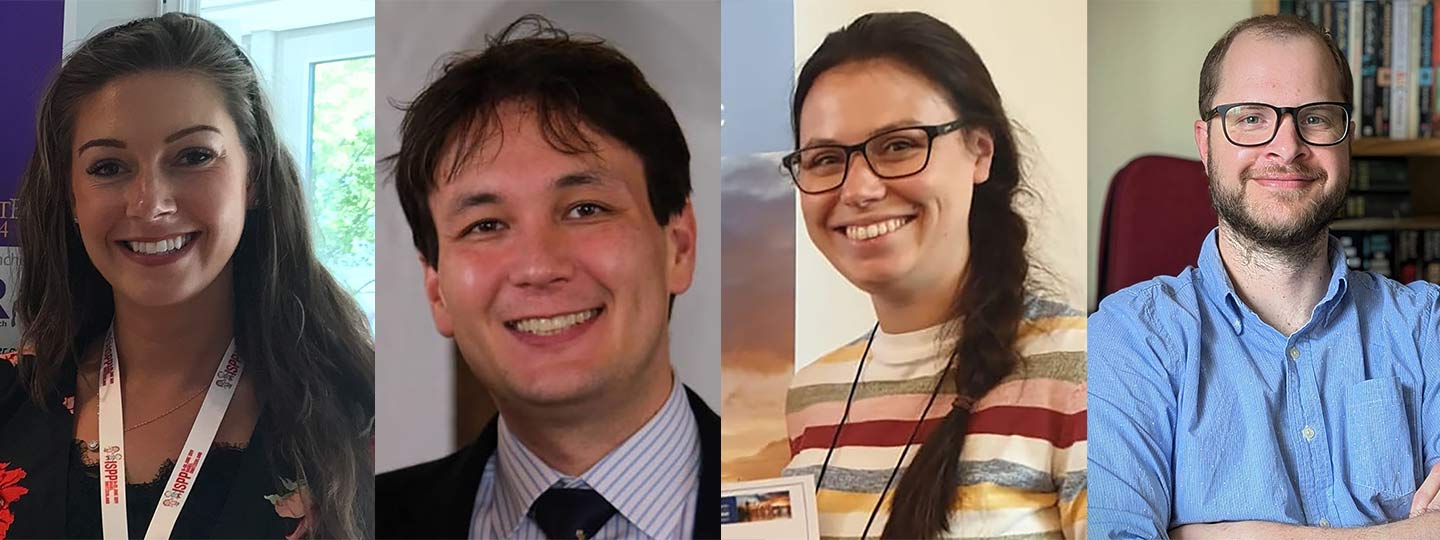
Versus Arthritis has awarded four prestigious Career Development Fellowships to fantastic researchers fighting for a future free from arthritis.
What is a Career Development Fellowship?
The Career Development Fellowship (CDF) scheme is an important part of our Research Strategy (2022-2026). It’s all about supporting the next generation of talented research scientists, medics, vets, nurses and allied health professionals dedicated to research into arthritis and related musculoskeletal conditions. Our CDFs provide these talented researchers with the opportunity to develop an independent research career.
Versus Arthritis is committed to strengthening the future of arthritis research by supporting research careers and building skills within the UK arthritis research community.
Introducing our new fellows
We’re delighted to introduce our 2024 Career Development Fellows and their fellowship awards:
Dr Rebecca Lee at the University of Manchester will be improving how we communicate with children about their pain.
Dr Akira Wiberg at the University of Oxford will be looking at new non-surgical approaches to treating carpal tunnel syndrome.
Dr Meredyth Wilkinson at University College London will be testing new treatments for juvenile dermatomyositis.
Dr Fraser Collins at the University of Aberdeen will be investigating how the cells in our joints help to keep them healthy.
Read below to get more in-depth information about our fantastic fellows and their research.
Helping children talk about their pain
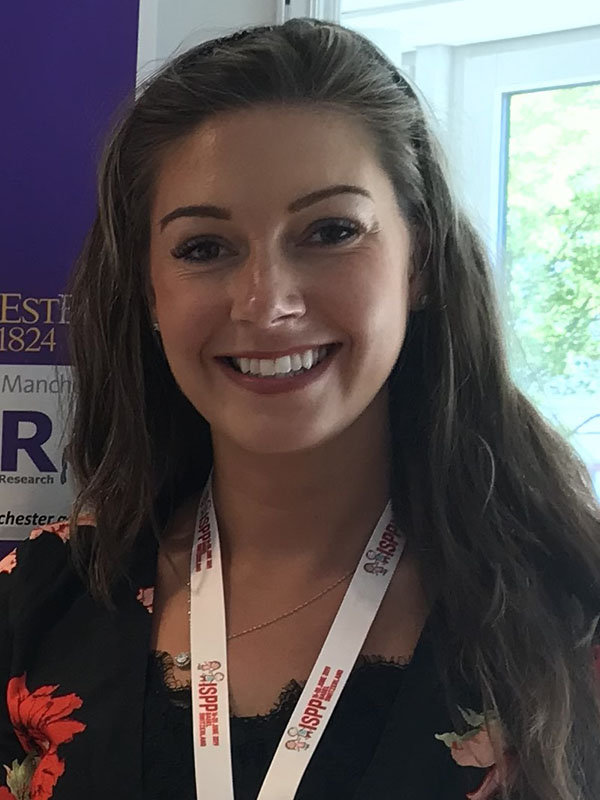
Dr Rebecca Lee is a researcher at the Centre for Musculoskeletal Research at the University of Manchester. Her research aims to improve the care and treatment of childhood pain in the healthcare setting.
“Communicating about pain is important because it ensures that children, young people and their families feel listened to and it can inform treatment decision-making.”
Chronic musculoskeletal pain in children and young people is common and a large proportion will go on to have pain as adults if it is not managed well. Dr Lee is trying to understand how children and young people communicate their pain to healthcare professionals, and how this in turn influences how their pain is understood and managed.
She aims to develop a tool which will help healthcare professionals to provide children and young people with more appropriate pain management options.
“This fellowship will allow me to collaborate with world renowned experts in the field of paediatric pain, rheumatology and psychology. It will also allow me to undertake training and develop new skills which will eventually lead to more ideas for exciting programmes of research in this area in the future.”
Laying the foundations for a non-surgical treatment for carpal tunnel syndrome
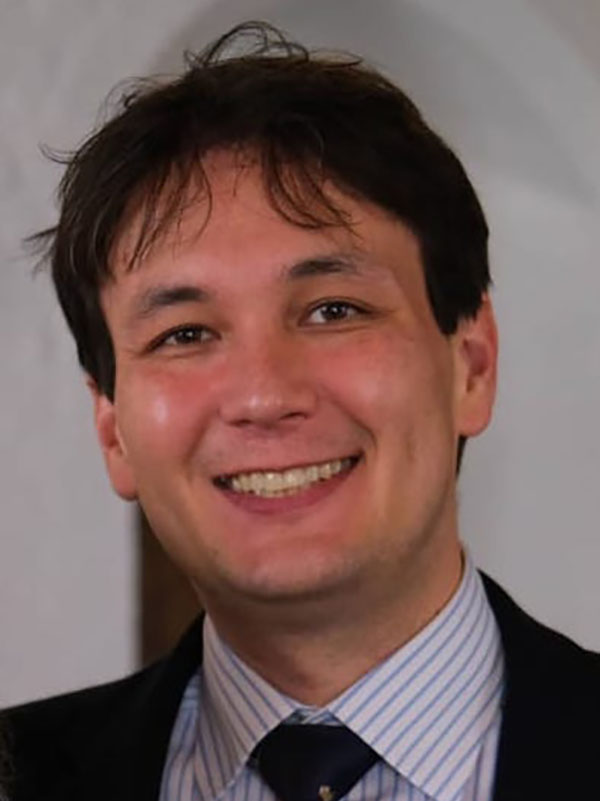
Dr Akira Wiberg is a plastic surgeon and Senior Clinical Research Fellow at the Nuffield Department of Orthopaedics, Rheumatology and Musculoskeletal Sciences NDORMS at the University of Oxford.
His research aims to improve the treatment of carpal tunnel syndrome.
“My Versus Arthritis Career Development Fellowships puts me in a very privileged position, as it allows me to work concurrently as a plastic surgeon and as a scientist. As doctors, it is our job to try to help our patients; to be able to do this both in the operating theatre and by doing experiments in the lab makes my job incredibly stimulating and rewarding.”
What is carpal tunnel syndrome?
Carpal tunnel syndrome is a condition that happens when the median nerve is compressed or squeezed as it passes through the wrist. This happens when the carpal tunnel inside your wrist becomes inflamed. Carpal tunnel syndrome causes a tingling feeling or pins and needles, numbness, and sometimes pain in the hand.
Find out more here: Carpal tunnel syndrome
What will Dr Wiberg do?
Dr Wiberg’s research aims to lay the foundation for a future clinical study that can test new medications for people with carpal tunnel syndrome. His research will help us understand more about the tissues that squeeze the median nerve and whether we can use medications to reverse the thickening of these tissues. Such a treatment has the potential to help the thousands of people who get a poor result from carpal tunnel surgery and perhaps help thousands more to avoid surgery in the first place.
“Eventually, I plan to apply the insights learnt from the study of carpal tunnel syndrome to other musculoskeletal diseases caused by compressed nerves. These other nerve compression syndromes often result in much poorer surgical outcomes compared to carpal tunnel syndrome, highlighting an urgent need to develop effective non-surgical treatment options.”
Testing new treatments for juvenile dermatomyositis
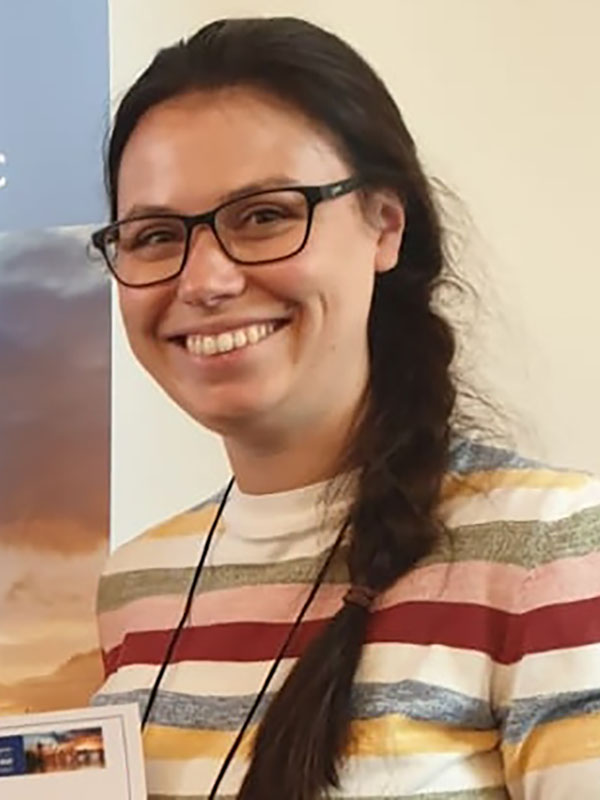
Dr Meredyth Wilkinson is a researcher at Great Ormond Street Institute of Child Health studying the biology of juvenile dermatomyositis (JDM).
“My overarching goal is to become an international leader in autoimmunity research to benefit patients. I am an experienced research scientist with focus on immunology, mitochondrial biology and muscle disease. This Fellowship will be a critical step in my career and upward trajectory.”
What is juvenile dermatomyositis?
Juvenile dermatomyositis (JDM) is a rare childhood condition in which the body’s immune system mistakenly attacks its own muscles (causing weakness) and skin (causing rashes).
The lungs and heart can also be affected, which can be life-threatening. There are no medicines specific to JDM. Current treatments for JDM suppress the immune system, which does not work for all patients, and can cause harsh and unpleasant side effects.
What will Dr Wilkinson do?
Dr Wilkinson aims to look at how our mitochondria, the energy producers for our cells, are changed in the muscle cells of people with JDM. She will also help us understand whether these changes to our mitochondria are linked to inflammation. As part of her project, Dr Wilkinson will also create muscle-on-a-chip models of JDM. These will be 3D structures that represent mini-muscles grown from just a few cells. These mini-muscles will provide a platform to test novel therapeutics and medications for JDM.
“My passion for research is driven by an unmet need for targeted treatments in childhood myositis, to reduce drug side-effects and improve patients’ quality of life.”
Understanding how the cells in our joints keep them healthy
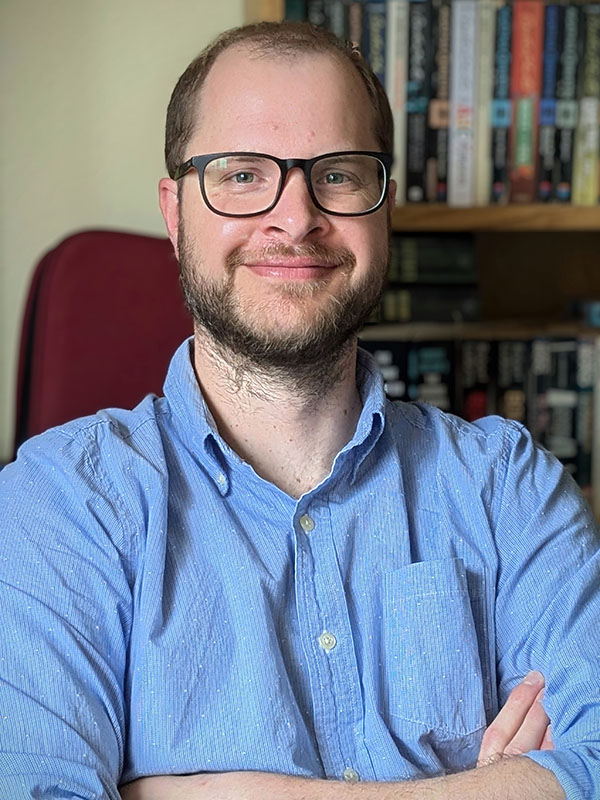
Dr Fraser Collins is a Research Fellow at the University of Aberdeen. He aims to identify and develop new targets for medications that translate to improved arthritis patient care.
“This prestigious Versus Arthritis fellowship will provide me with an outstanding opportunity to further progress with my ambition of becoming an independent investigator in the field of arthritis and joint pathology.”
His research aims to generate important knowledge about a type of cell known as a fibroblast-like synoviocyte.
These cells are found in the lining of our joints and are thought to contribute to development and maintenance of arthritis.
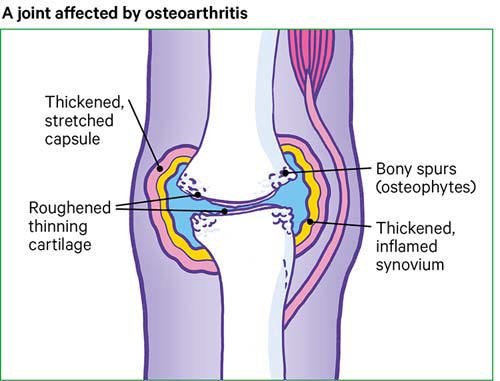
What will Dr Collins do?
Dr Collins will investigate how the function of these cells is regulated and how these cells develop their specific properties. This will help us understand how these cells help to maintain healthy joints, and to further our understanding of what happens to our joints in arthritis. This work will lay the foundation for future studies identifying novel biomarkers for early detection of arthritis and developing novel therapies that can specifically target these FLS cells.
“Understanding how the healthy joint is maintained will have a significant impact for people with arthritis as it will lay the foundations for identifying new molecular pathways that maintain healthy joints, thereby providing new possible therapeutic targets for prevention or intervention at early stages of disease”
Want to know more about how we’re supporting the next generation of research?
Now that you've met our 2024 Career Development Fellows, why not find out more about last year's CDFs and their research into osteoarthritis, fibromyalgia and juvenile idiopathic arthritis?
Want to meet our 2023 Career Development Fellows? Click here!